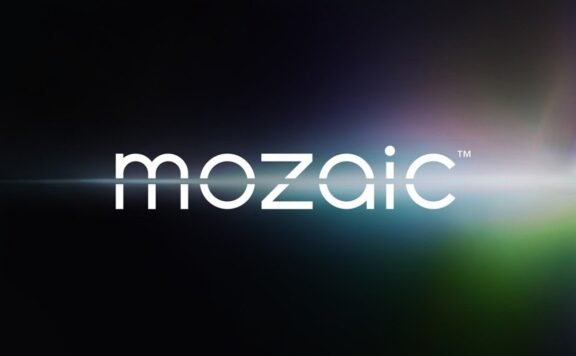According to Gartner, the worldwide smartphone sales grew 6% in 2021 and sale for smartphones rebounded in the first half of 2021, following a 12.5% decline in 2020. Previous year’s lower smartphone sales because of COVID-19 and the bounce back to growth in first half of 2021 helped propel the market to growth. However, component shortages and supply chain issues disrupted smartphone sales in the second half of 2021.
“An improved consumer outlook, pent up demand from 2020 in large markets, such as India and China, helped drive sales in the first half of the year,” said Anshul Gupta, senior research director at Gartner. “However, this trend reversed in the second half of the year, even with high demand from consumers. Out-of-stock situations for popular models and limited inventories pushed out some of the possible sales to 2022.”
The increase in discretionary spending, opening of marketplaces post lockdown, along with a lower base for comparison from 2020 led to 6% growth in 2021. The introduction of 5G at lower price points to meet future proof needs influenced upgrade purchases. As a result, smartphone sales grew for all the top five vendors in 2021 (see Table 1).
Table 1: Worldwide Smartphone Sales to End Users by Vendor in 2021 (Thousands of Units)
| Vendor | 2021 Units | 2021 Market Share (%) | 2020 Units | 2020 Market Share (%) | 2021-2020 Growth (%) |
| Samsung | 272,327.5 | 19.0 | 253,025.0 | 18.7 | 7.6 |
| Apple | 239,239.1 | 16.7 | 199,847.3 | 14.8 | 19.7 |
| Xiaomi | 189,305.4 | 13.2 | 145,802.7 | 10.8 | 29.8 |
| OPPO | 138,242.1 | 9.6 | 111,785.2 | 8.3 | 23.7 |
| Vivo | 136,011.3 | 9.5 | 107,388.2 | 7.9 | 26.7 |
| Other vendors | 458,733.9 | 32.0 | 533,988.1 | 39.5 | -14.1 |
| Total | 1,433,859.4 | 100.0 | 1,351,836.5 | 100.0 | 6.0 |
Source: Gartner (March 2022)
In the fourth quarter of 2021, global smartphone sales declined 1.7% owing to supply constraints. Apple maintained the No.1 position among the top five smartphone vendors. The strong demand for iPhones was driven by 5G upgrades. Samsung saw strong demand for its premium phones, and its sales increased 11% as compared to the fourth quarter of 2020 (see Table 2).
Table 2: Worldwide Smartphone Sales to End Users by Vendor in 4Q21 (Thousands of Units)
| Vendor | 4Q21 Units | 4Q21 Market Share (%) | 4Q20 Units | 4Q20 Market Share (%) | 4Q21-4Q20 Growth (%) |
| Apple | 82,971.4 | 21.9 | 79,942.7 | 20.7 | 3.8 |
| Samsung | 68,965.4 | 18.2 | 62,117.0 | 16.1 | 11.0 |
| Xiaomi | 44,810.4 | 11.8 | 43,430.3 | 11.2 | 3.2 |
| OPPO | 32,590.9 | 8.6 | 34,373.7 | 8.9 | -5.2 |
| Vivo | 29,066.2 | 7.7 | 32,523.4 | 8.4 | -10.6 |
| Others | 121,055.5 | 31.9 | 133,868.4 | 34.7 | -9.5 |
| Total | 379,459.6 | 100.0 | 386,255.6 | 100.0 | -1.7 |
Source: Gartner (March 2022)
Chinese smartphone manufacturers Xiaomi, Oppo and Vivo expanded their distribution networks in the Middle East, Africa, Latin America and Europe to capture the opportunities left open by Huawei and LG after their exits from the smartphone business in 2020. However, Apple’s strong sales in China in the fourth quarter of 2021 weakened demand for Chinese smartphones. Oppo and Vivo experienced a decline in sales, whereas Xiaomi continued to maintain its No. 3 position.






